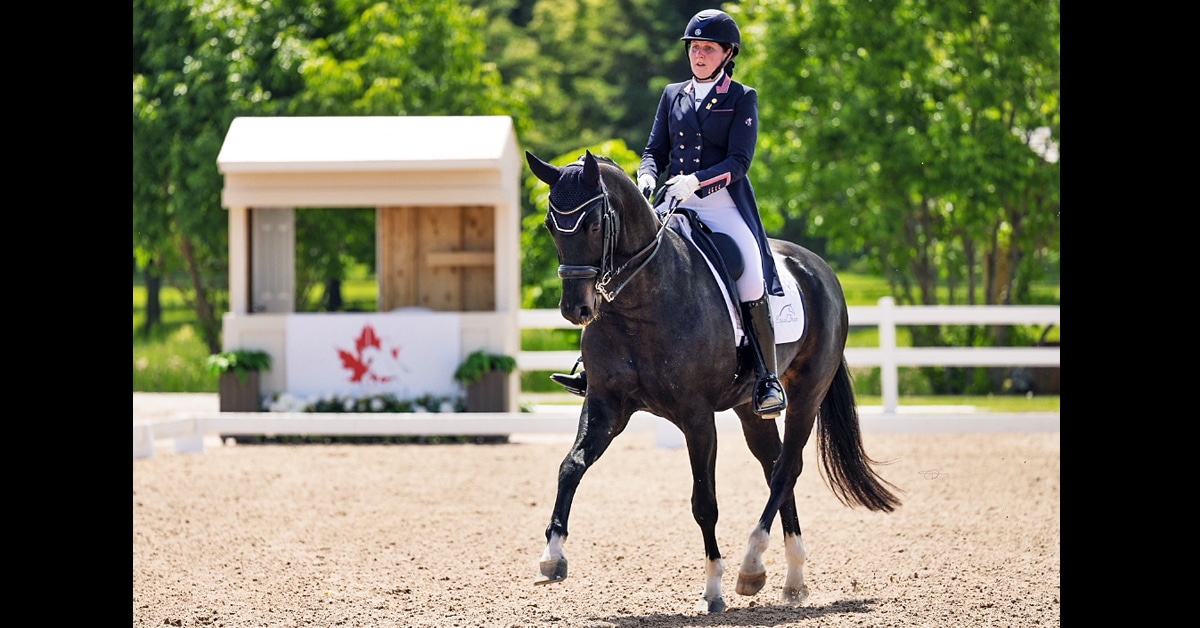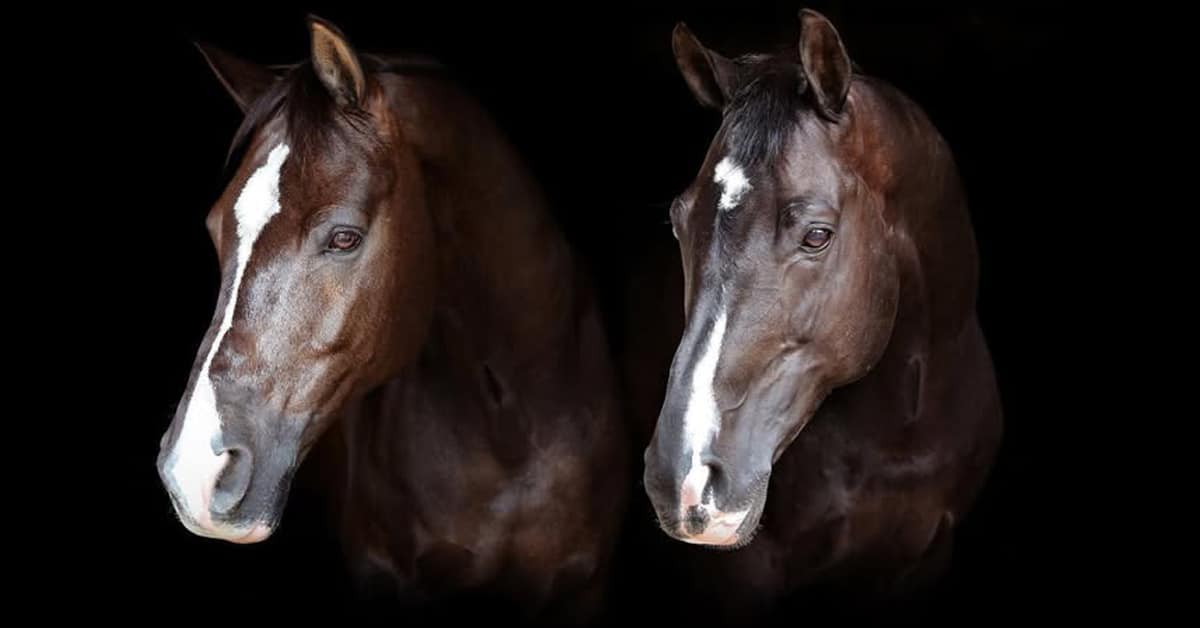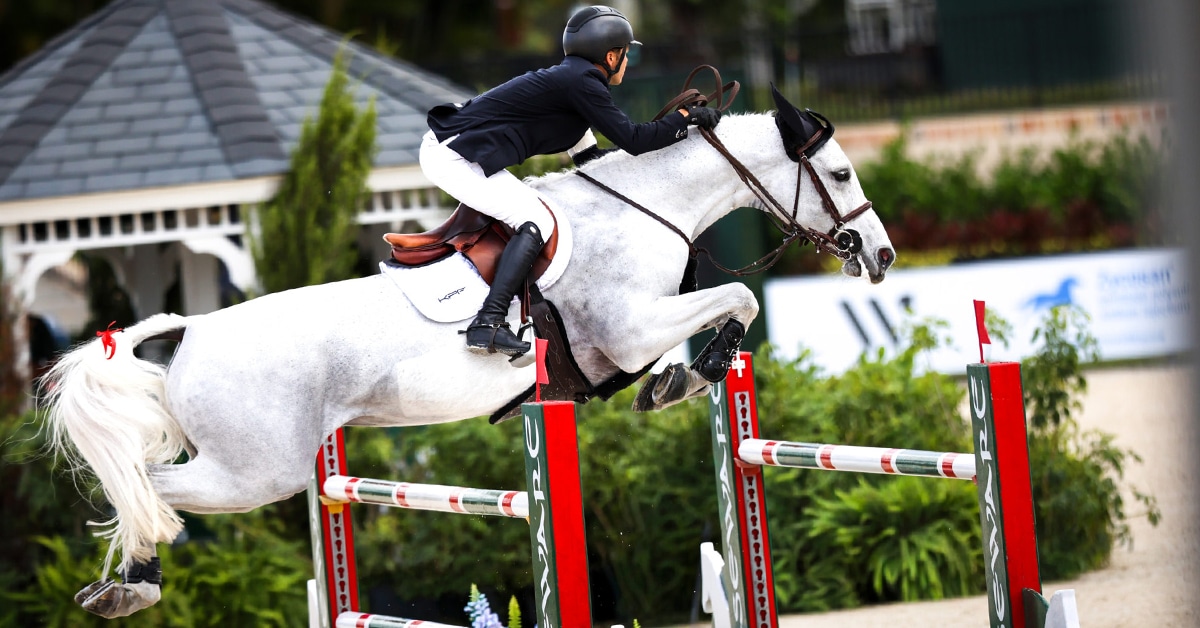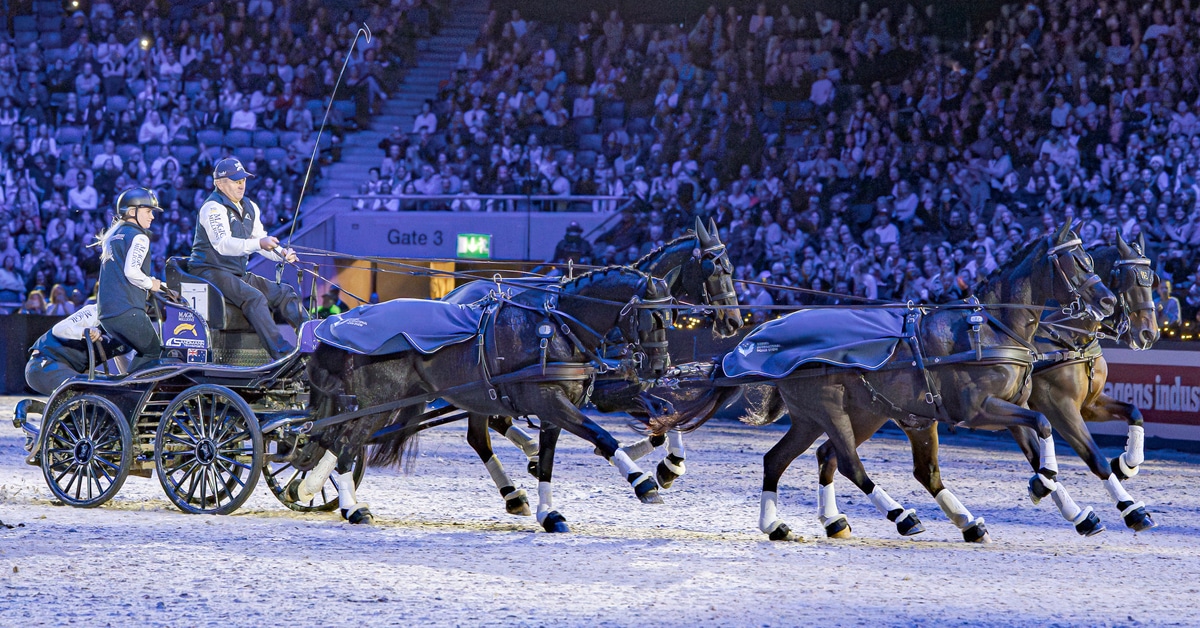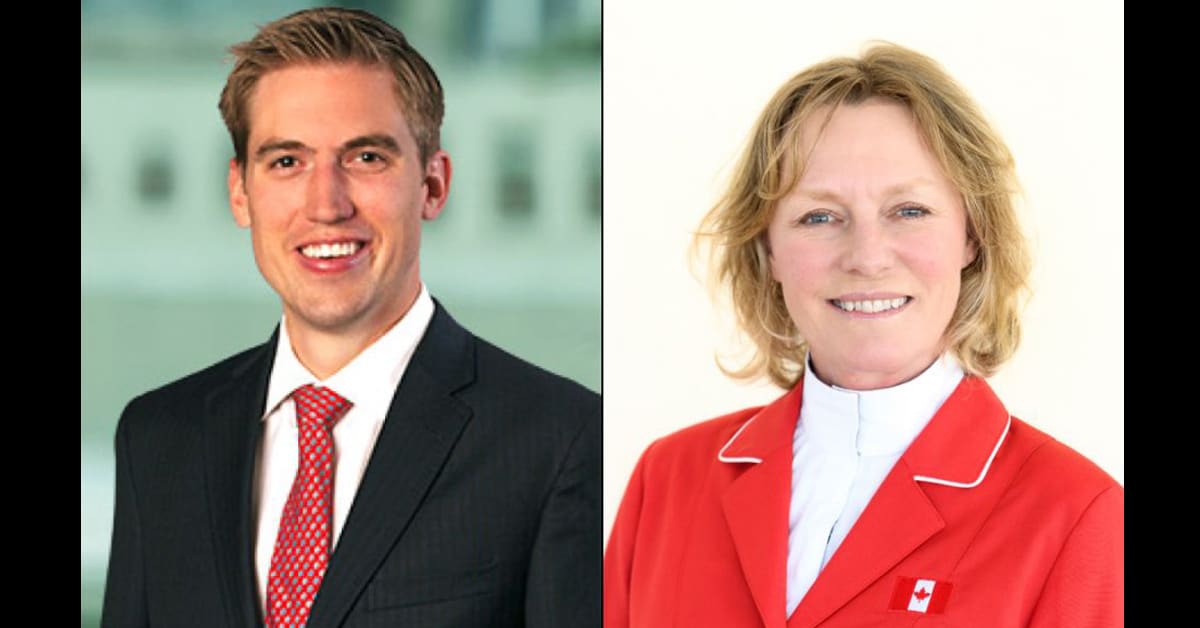A very successful second International Veterinary Endurance Conference (IVEC) was held near Tryon (USA) yesterday. Nearly 100 veterinarians and other endurance professionals from about 20 countries around the world, including Europe, Middle East, South Africa, Northern and Southern America and Australia came together for a full day of presentations.
After the opening of the conference by Dr. Martha Misheff, equine American surgeon living in the UAE, long time involved in the endurance sport and member of the FEI veterinary committee and also President of the Treating Veterinarians in the world endurance championships in Tryon, Dr. Albert Solé Guitart, presented a wrap-up of the most relevant publications in the endurance sport in the lastest years.
One of the key presenters was Dr. Stephanie Valberg from the USA, the most renowned veterinarian in the field of muscle pathology, who once more stressed that tying up is not related to accumulated acid lactic in the muscle, but to other mechanisms related to calcium regulation of muscle. She also presented her later research on myofibrillar myopathy, a condition that could explain recurrent rhabdomyolisis in arabian horses.
Dr. Marc Walton introduced the audience to endurance in South Africa and shared his experience regarding most common injuries seen and their management in this geographic area.
Dr. Emmanuelle van Erck from Belgium highlighted the importance of using data from field exercise tests in the impact on improving performance of endurance horses.
Dr. Massimo Pucetti who works in the UAE and Italy described how he does pre-purchase exams, sharing his experience by showing numerous xray and scans case studies which was highly appreciated by the audience.
Dr. Monica Mira, also organiser of IVEC, presented some preliminary results on using a portable inertial sensor based system during endurance competitions to help veterinarians objectify their gait assessment during endurance competitions.
Morgane Schambourg presented her results of her study supported by the FEI on using a special device to check for hyposensitivity in limbs of horses subjected to neurolytics previous to competitions, a banned procedure thought to contribute to catastrophic injuries in endurance races.
Dr. David Marlin, renowned physiologists showed which strategy winners of endurance competitions seem to be using in comparison with non-winners, after statistical treatment of the data of major championships and other other international competition.
The panel discussion at the end of the day with participants from most FEI regions brought interesting topics to the forefront. One issue raised was how the FEI demands have increased competition costs so much that it has decreased the ability for many people to join the sport in countries like Uruguay and Australia.
Quoting Dr. Martha Misheff, “The conference provided an opportunity for the folks in the Endurance community to hear and discuss updates on current veterinary practices and research. There were some excellent speakers, and it was well received by the attendees, who were from a number of different countries from around the world. A round table discussion that followed gave people the opportunity to make many positive suggestions for solving some of the challenges faced by the rapid evolution of the sport.”
IVEC is organised before every biannual world championship, providing the international endurance community with the latest research in the sport. Speakers from all FEI groups are represented in the programme. The next IVEC is planned to take place at the World Endurance Championships in Pisa, Italy, in 2020.
More News
